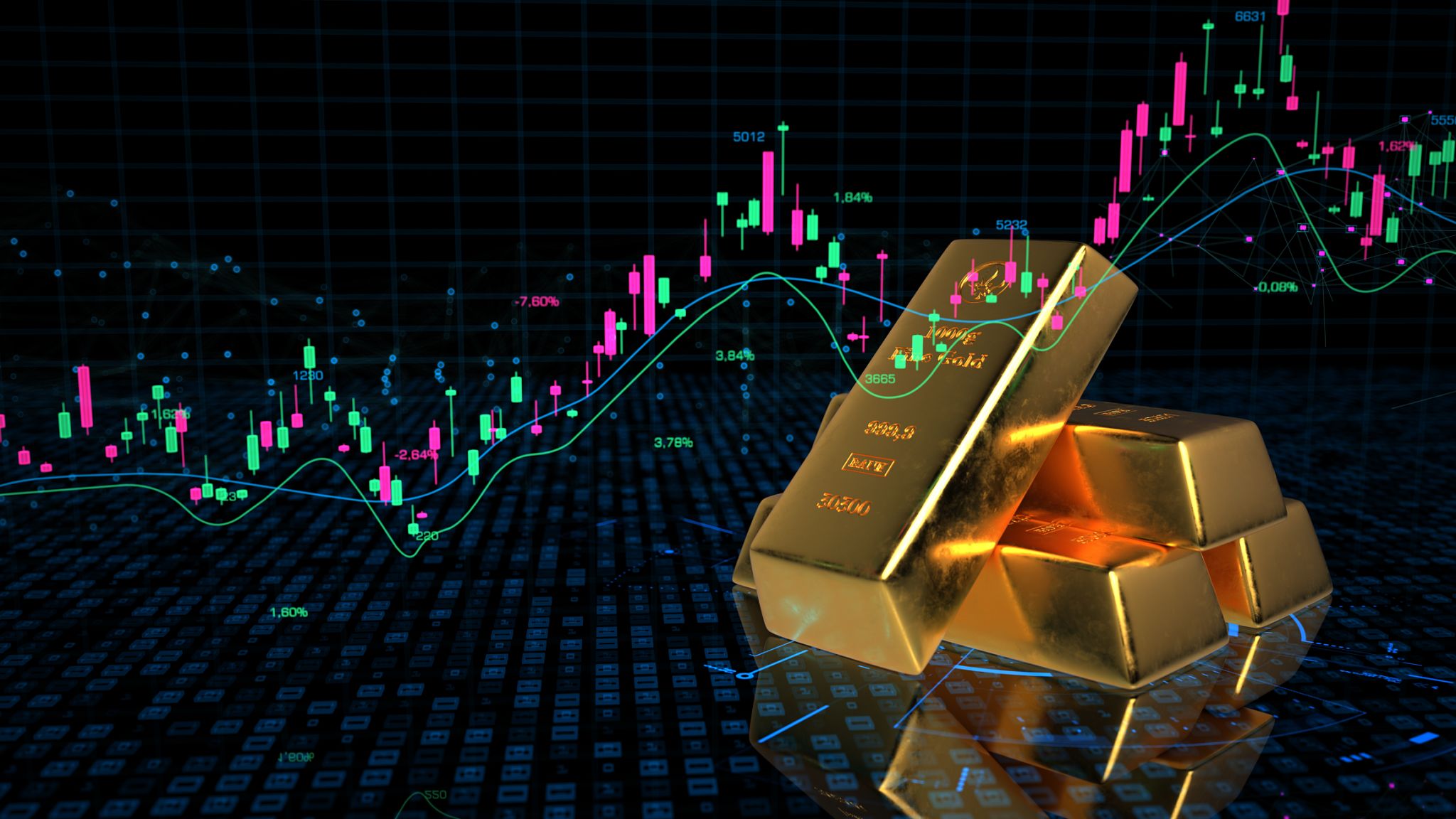Exploring the Impact of Ramadan on Gold Prices in Dubai
Understanding the Dynamics of Gold Prices During Ramadan
Dubai, known for its thriving gold market, often experiences fluctuations in gold prices during the holy month of Ramadan. This period holds significant cultural and economic importance, influencing various sectors, including the gold industry. Understanding how Ramadan affects gold prices can offer insights into broader economic patterns and investment strategies.
Historically, Ramadan is a time when consumer behavior shifts due to changes in spending patterns. Many people purchase gold as gifts or for personal use during this time, leading to increased demand. This spike in demand can cause a temporary rise in gold prices, making it a crucial period for investors and traders alike.

Consumer Behavior and Gold Purchases
The tradition of buying gold during Ramadan is deeply rooted in cultural practices. Gold is often seen as a symbol of wealth and prosperity, making it a popular choice for gifts and investments. As families prepare for Eid al-Fitr, the festival marking the end of Ramadan, gold jewelry and coins are frequently purchased, driving up demand.
This increased demand often results in higher prices, as retailers anticipate the surge and adjust accordingly. However, it’s essential to consider that other factors, such as global market trends and currency fluctuations, also play a role in shaping the price of gold during this period.
The Role of Global Market Trends
While local traditions significantly impact gold prices in Dubai during Ramadan, global market trends cannot be ignored. The international price of gold is influenced by factors such as geopolitical tensions, currency values, and economic indicators. These elements can amplify or mitigate the impact of local demand on gold prices.

Investment Opportunities During Ramadan
For investors, Ramadan presents unique opportunities to capitalize on the fluctuating gold prices. Understanding the patterns of demand can help investors make informed decisions about buying or selling gold. Some investors may choose to purchase gold before Ramadan in anticipation of price increases, while others may wait for potential post-Ramadan price adjustments.
Additionally, observing the broader economic context during this time can provide valuable insights. For instance, analyzing currency exchange rates and international market conditions can help predict whether local demand will have a significant impact on prices.

Strategies for Navigating the Gold Market
To navigate the gold market effectively during Ramadan, investors should consider a few strategic approaches:
- Research and Analysis: Stay informed about both local and international market trends.
- Timing: Monitor price movements closely to determine optimal buying or selling times.
- Diversification: Consider diversifying investments to mitigate risks associated with volatile markets.
Conclusion: The Significance of Cultural Influence
The impact of Ramadan on gold prices in Dubai highlights the intersection of cultural traditions and economic activity. By understanding these dynamics, both consumers and investors can make more informed decisions. As the world becomes increasingly interconnected, recognizing the influence of cultural events on markets will remain an essential aspect of economic analysis.
Ultimately, whether you're a local buyer looking to purchase gold for personal reasons or an international investor seeking opportunities, being aware of how Ramadan affects the market can provide a strategic advantage.